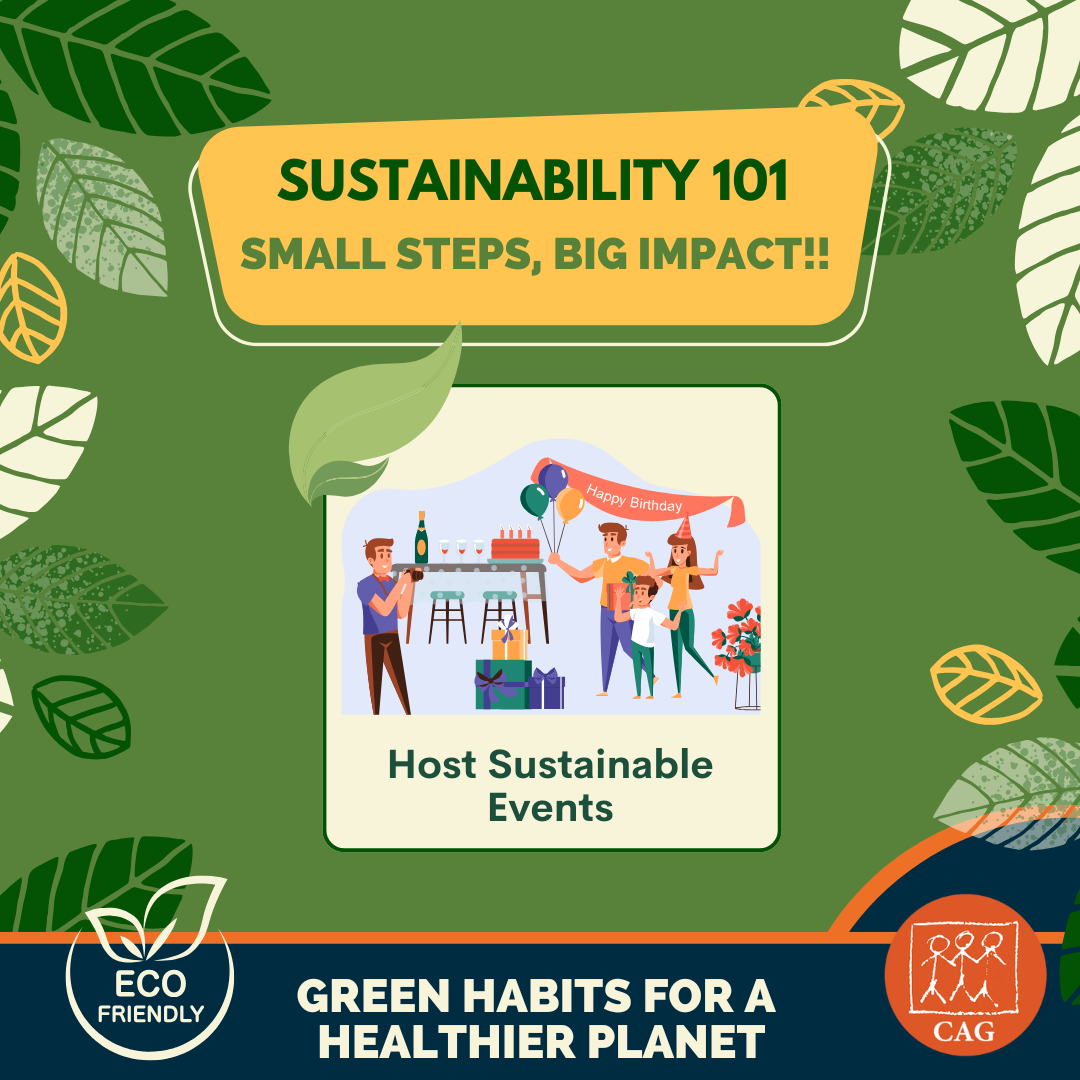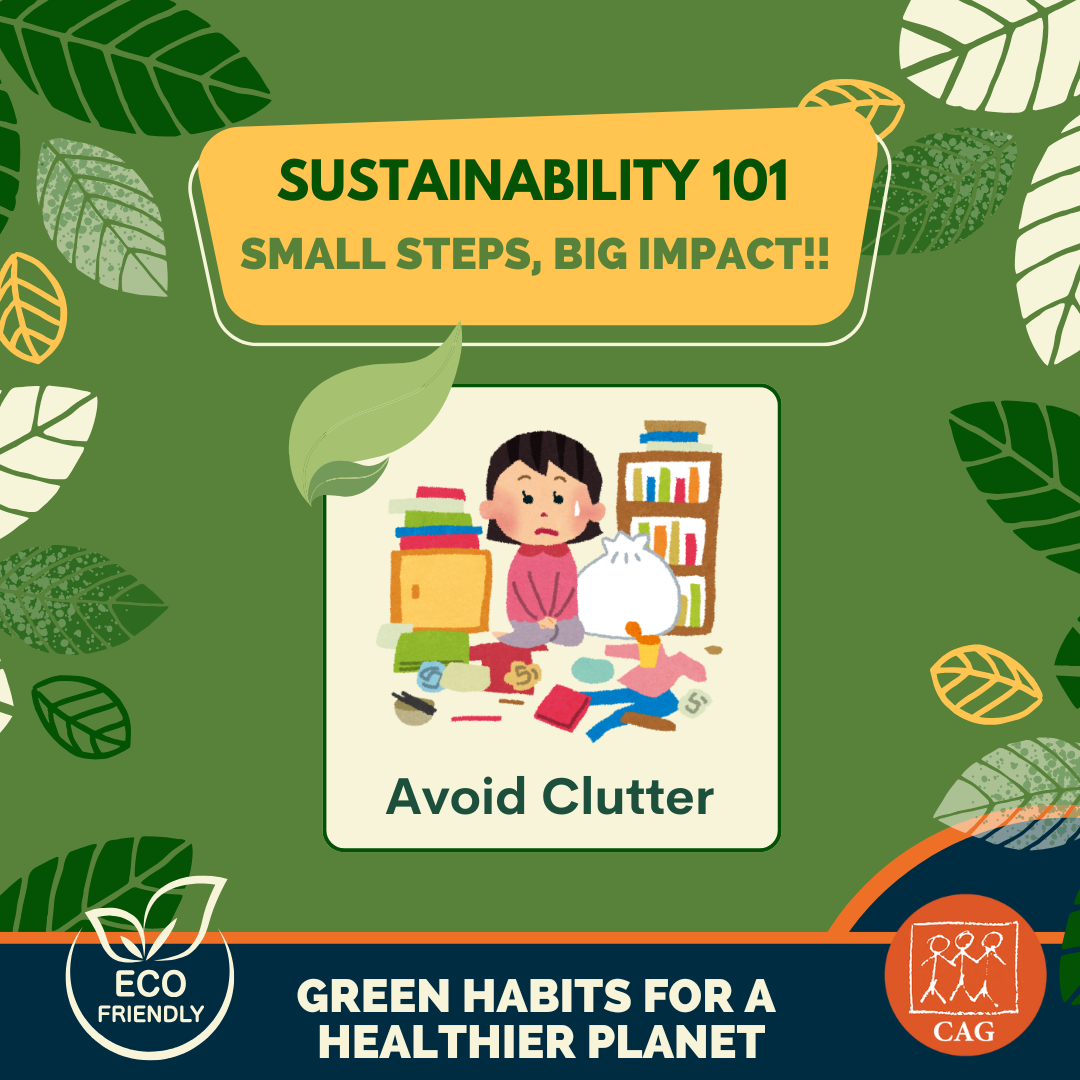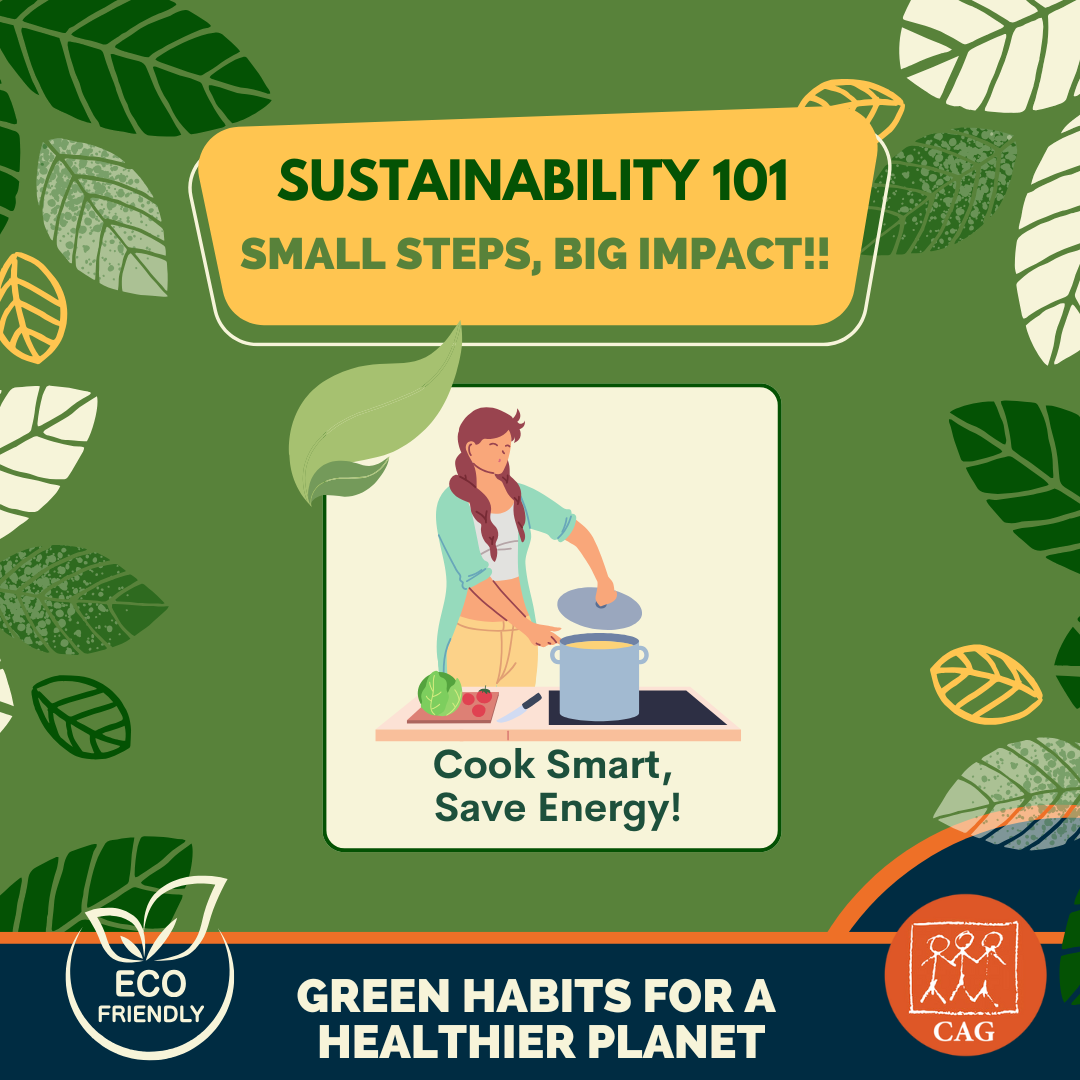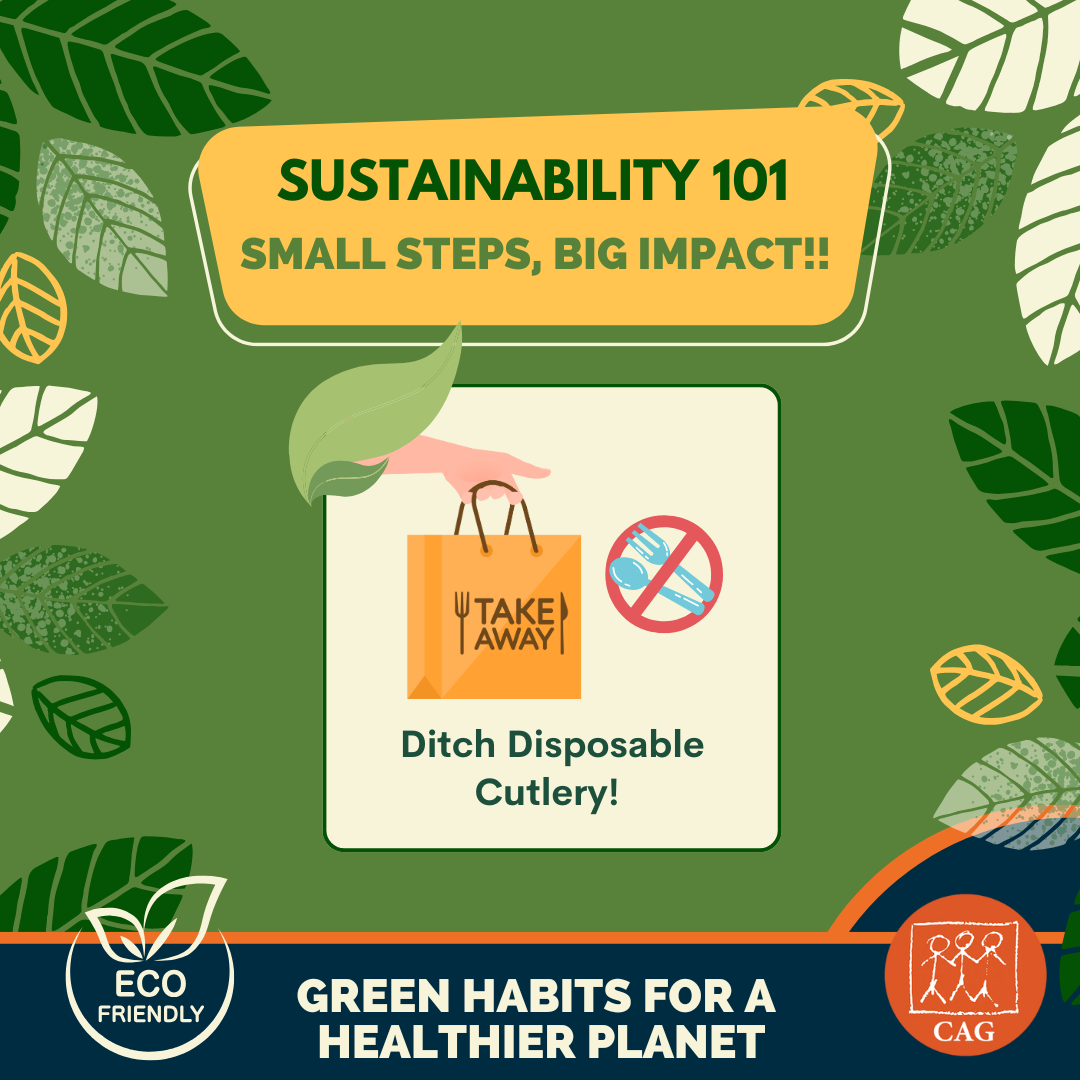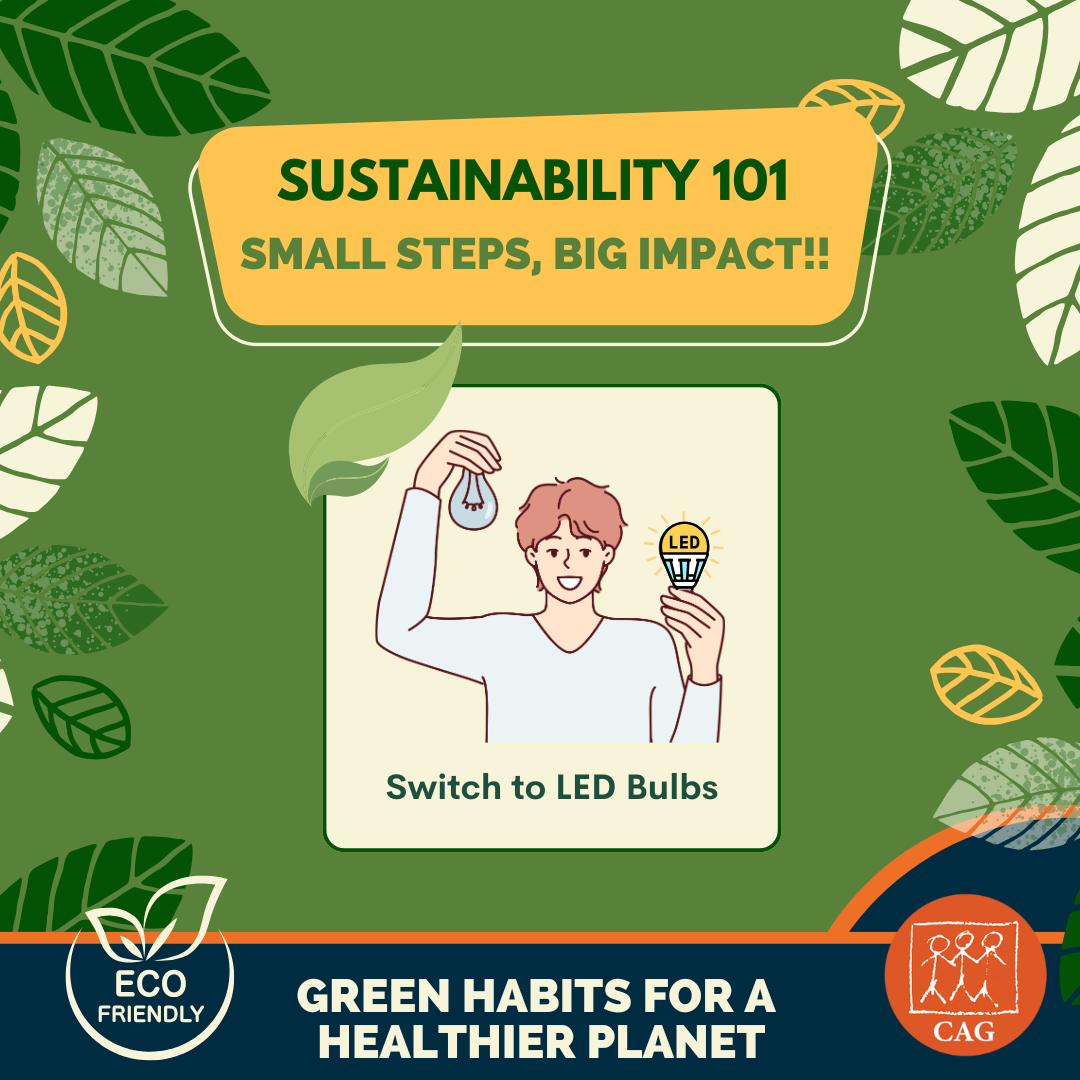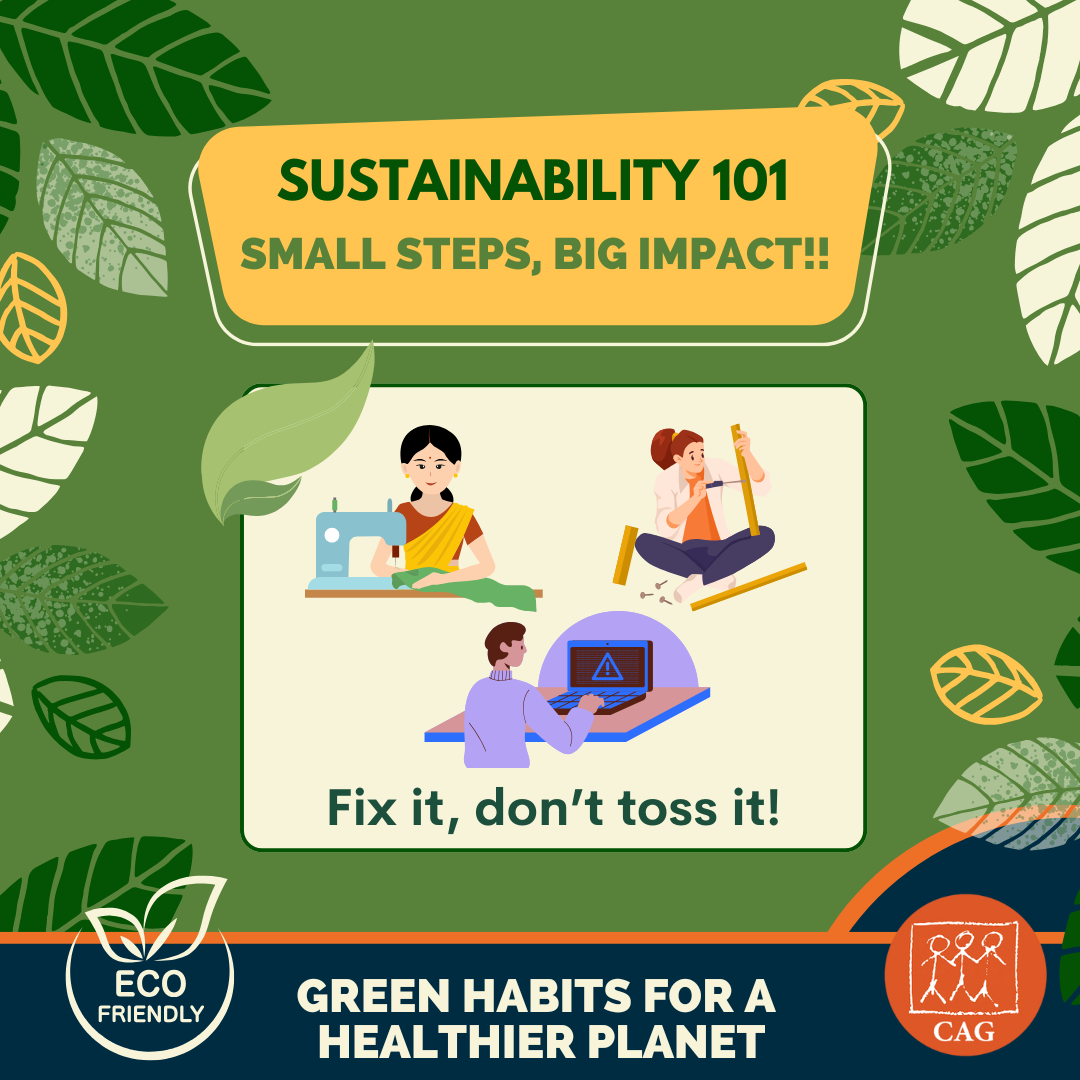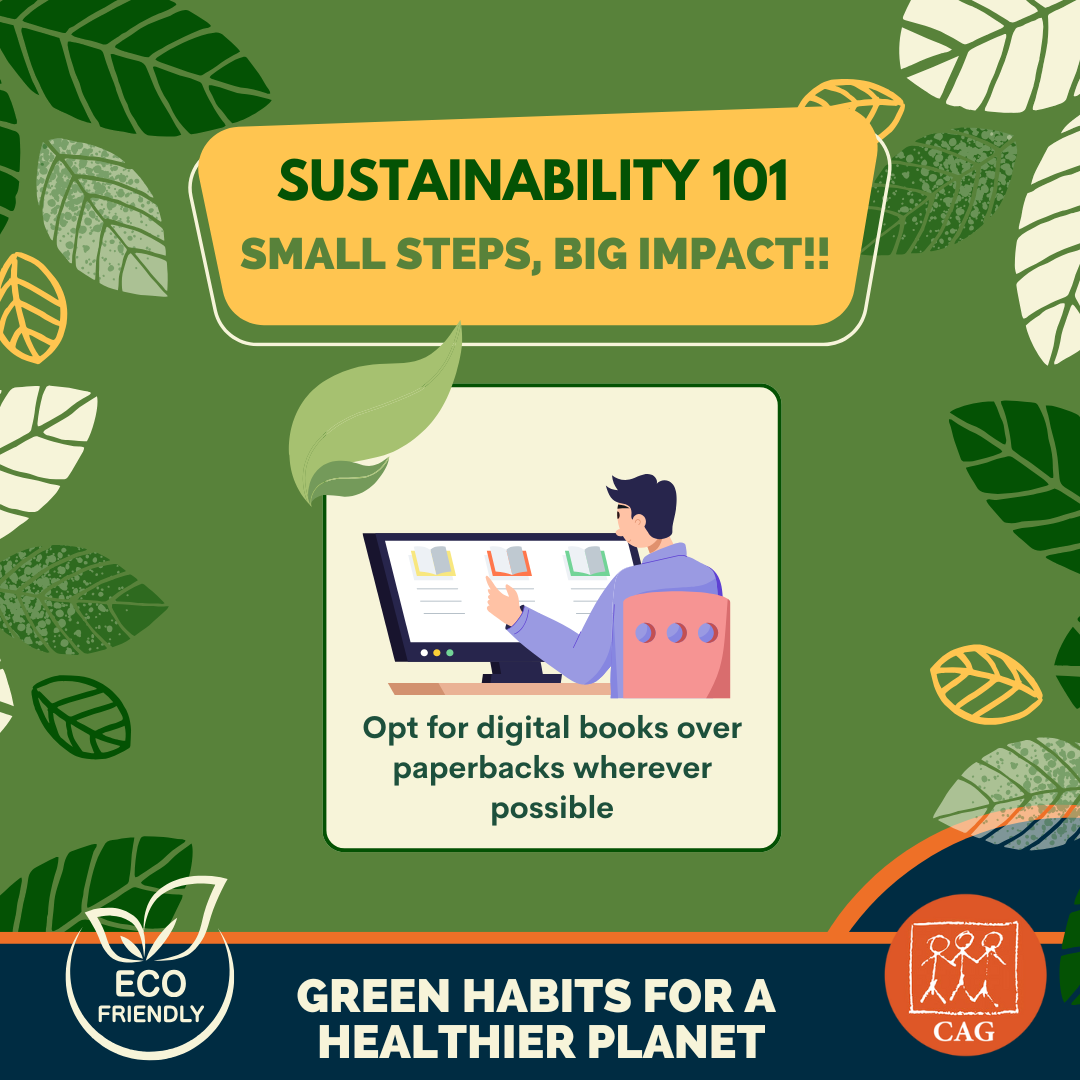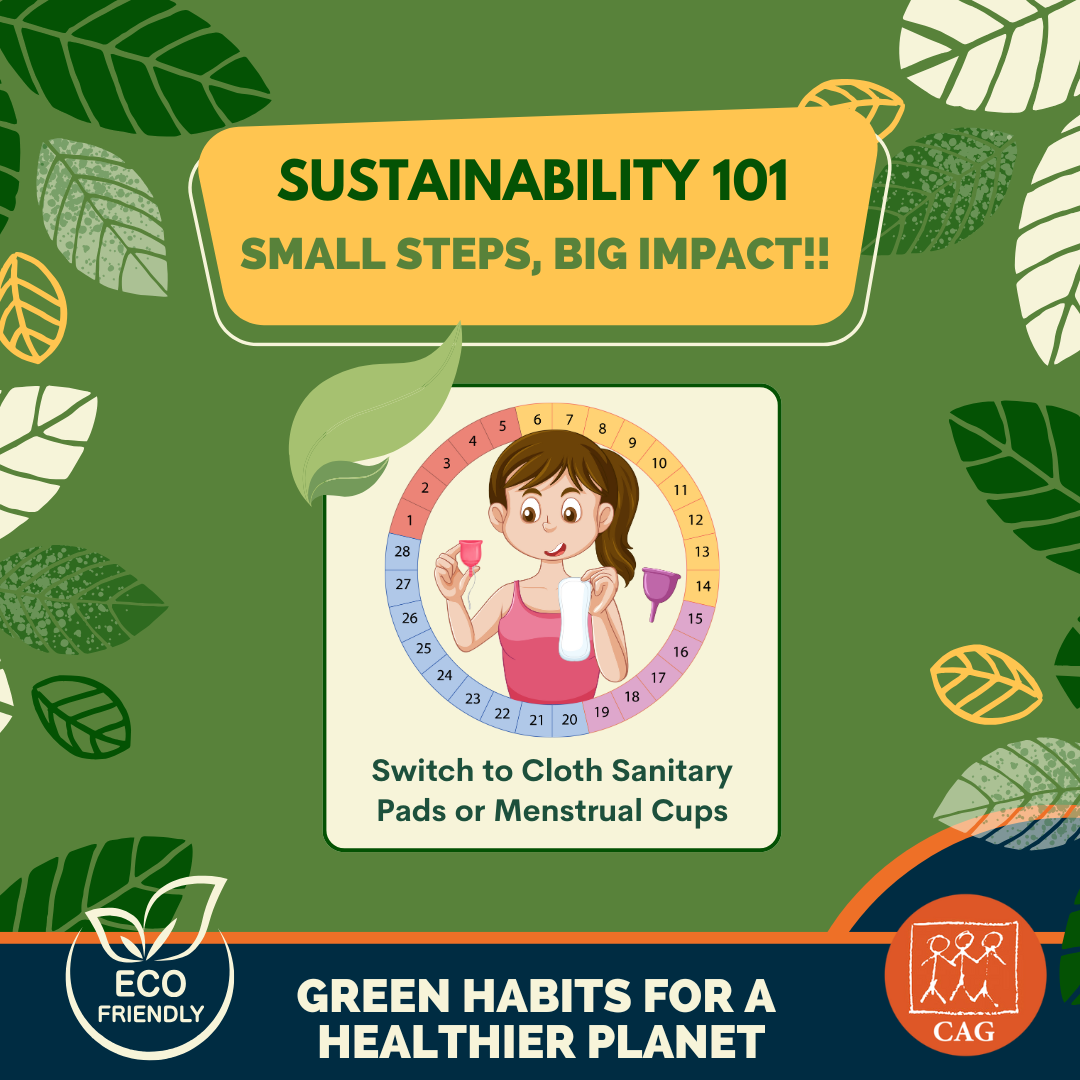Sustainability 101- Making celebrations eco-friendly
Make your celebrations eco-friendly by opting for digital invites instead of paper, using reusable decorations instead of single-use ones & serving locally sourced food to reduce carbon emissions. Small changes can make a big impact. Celebrate #sustainably and inspire others!
